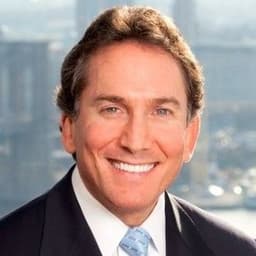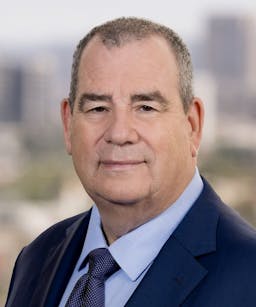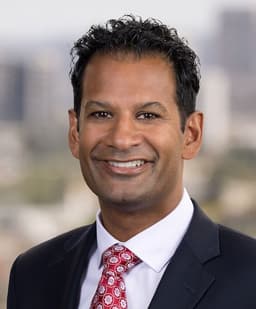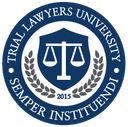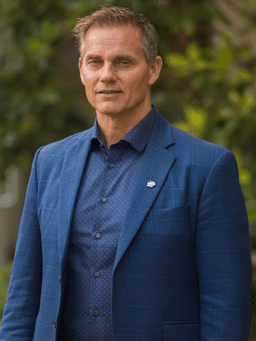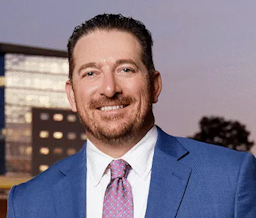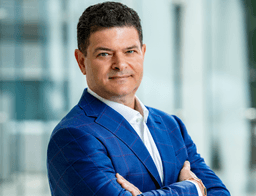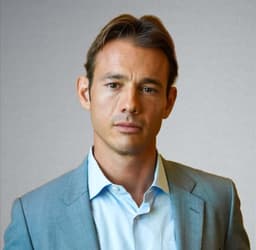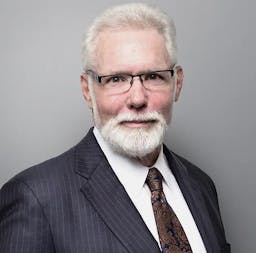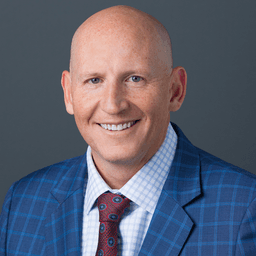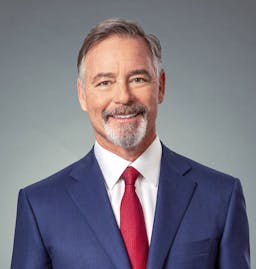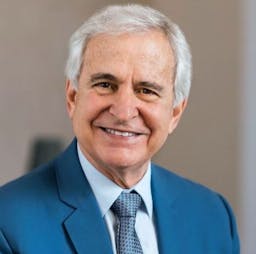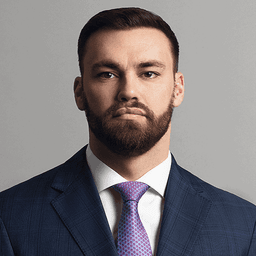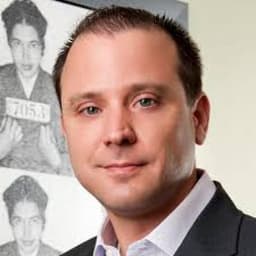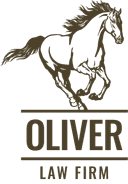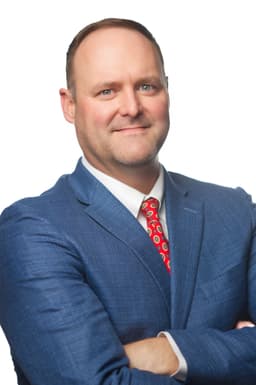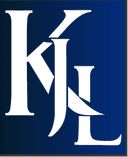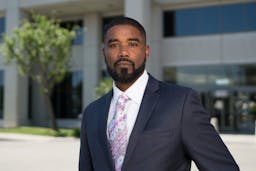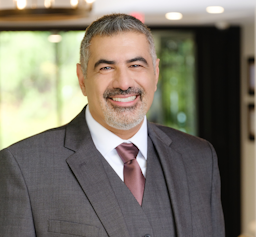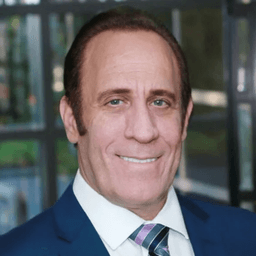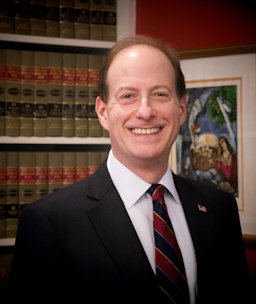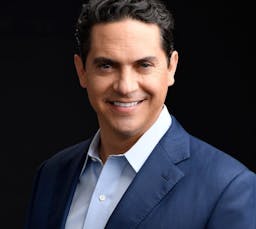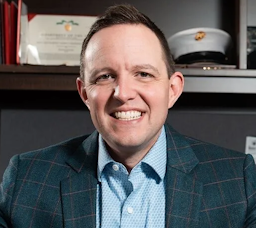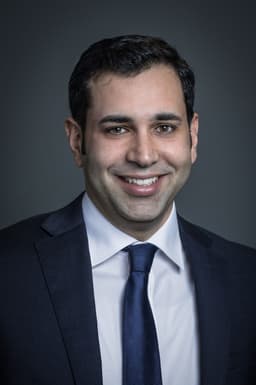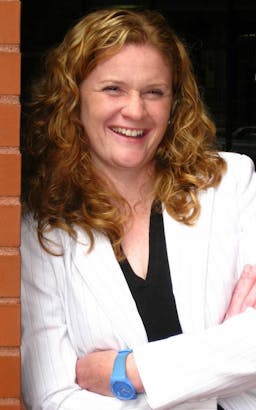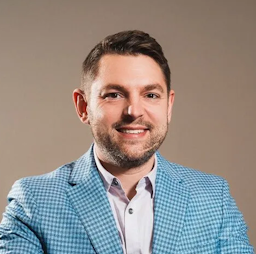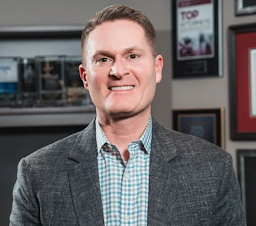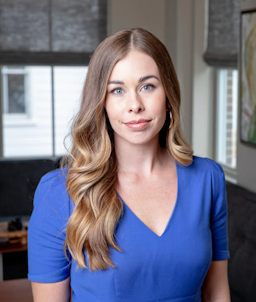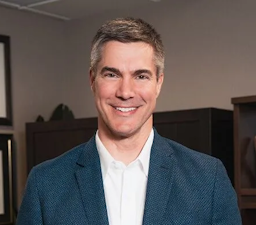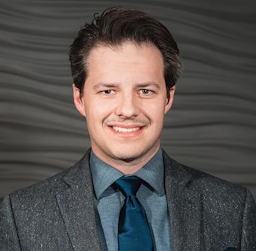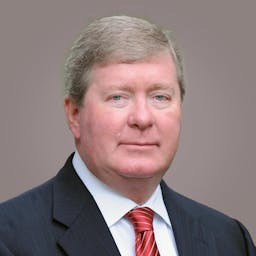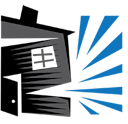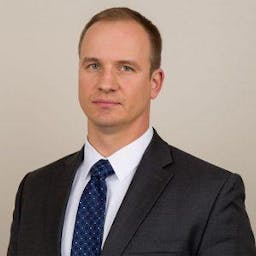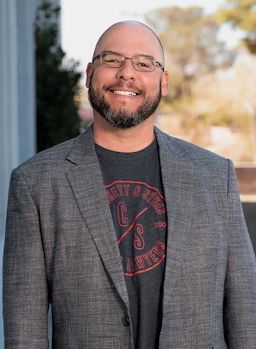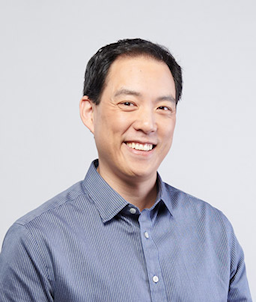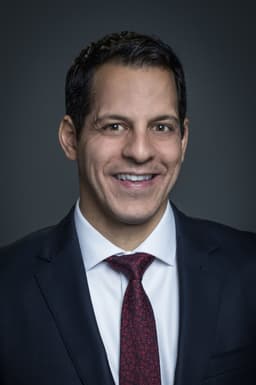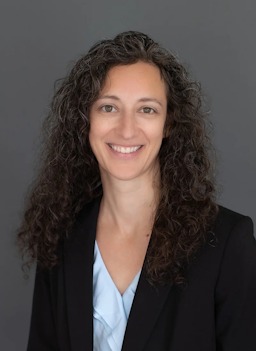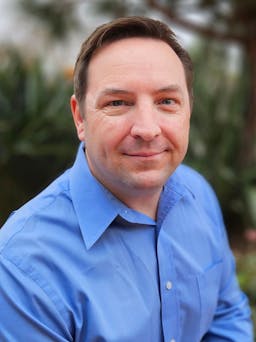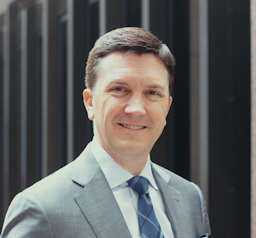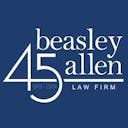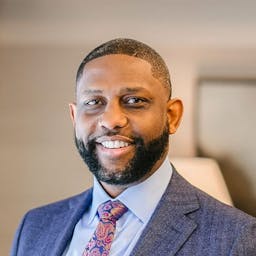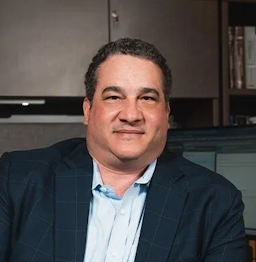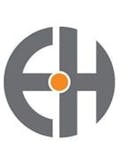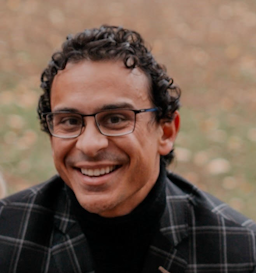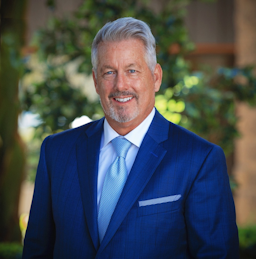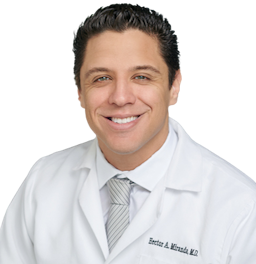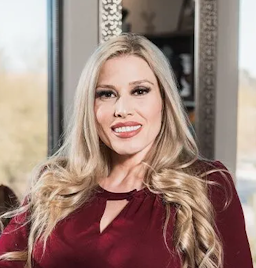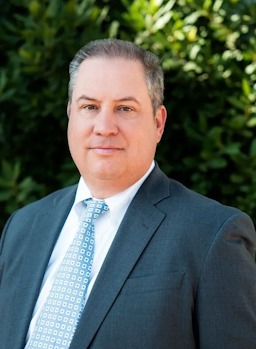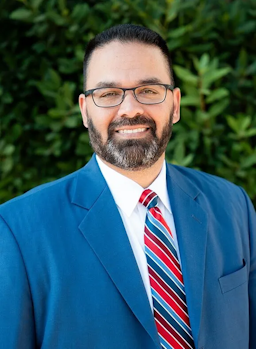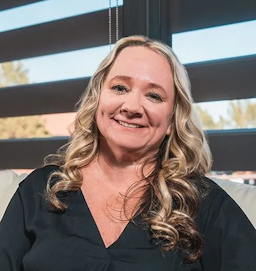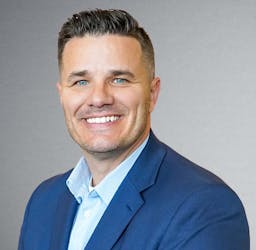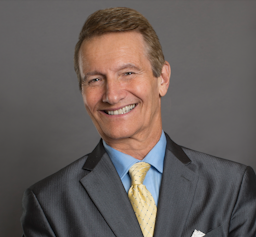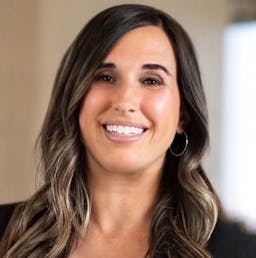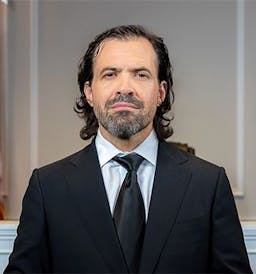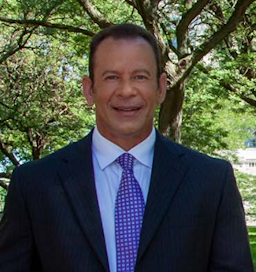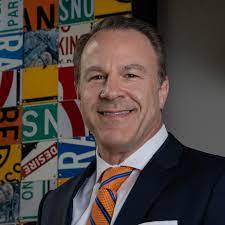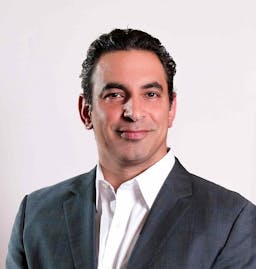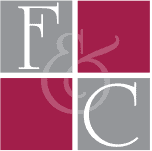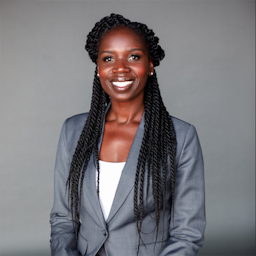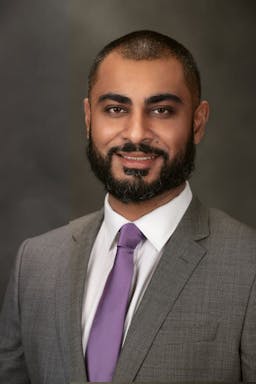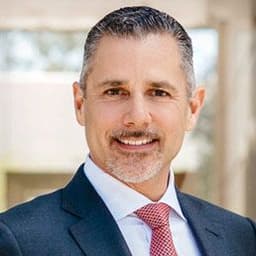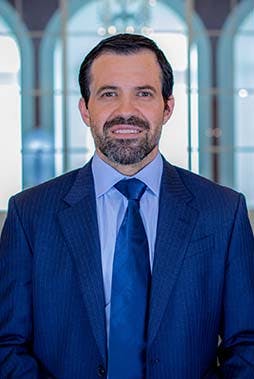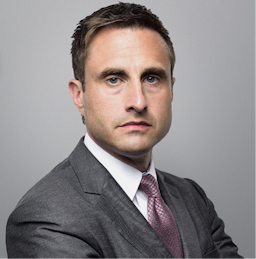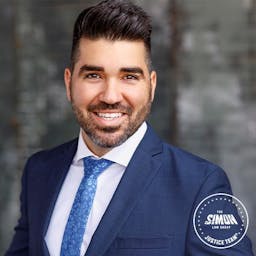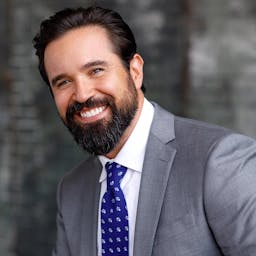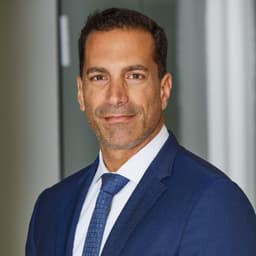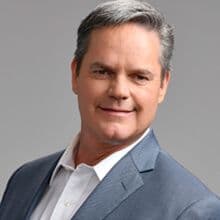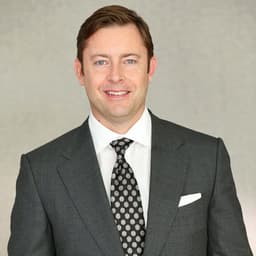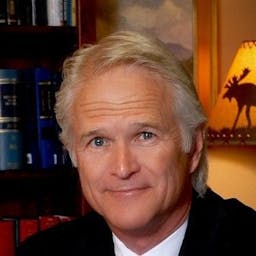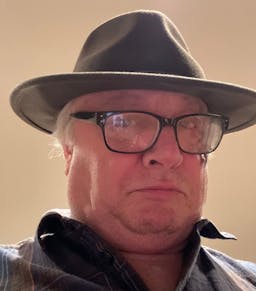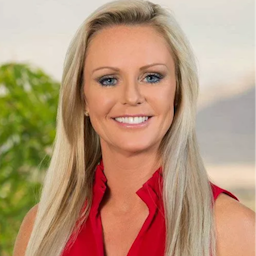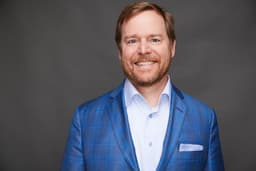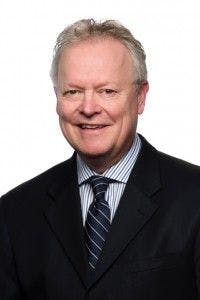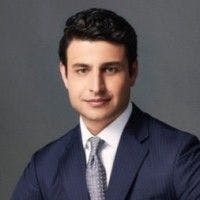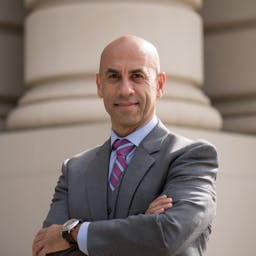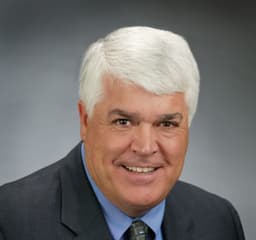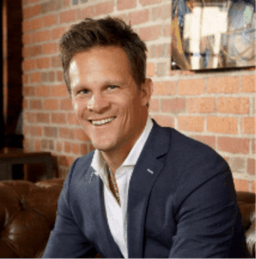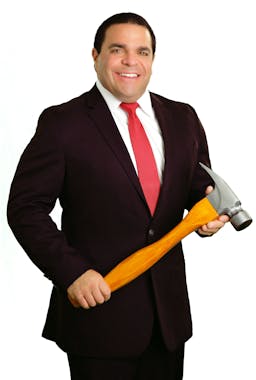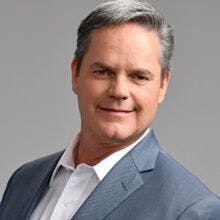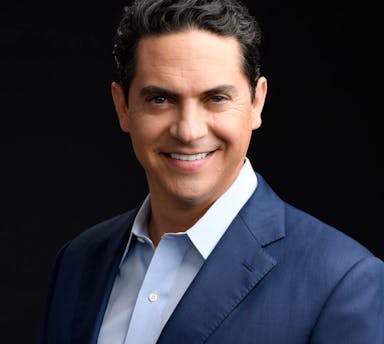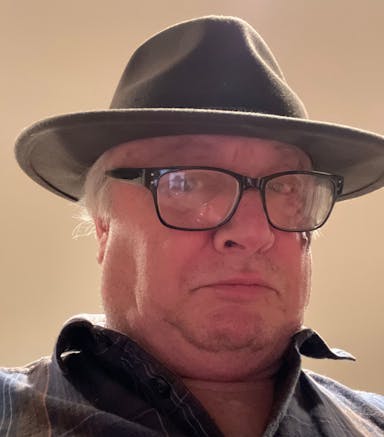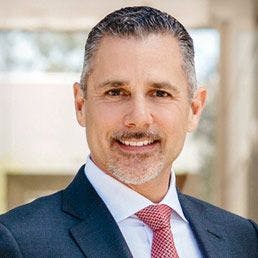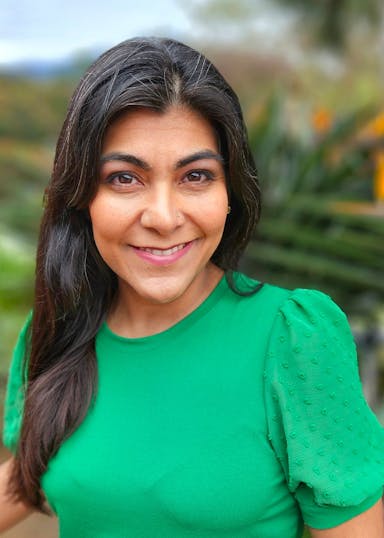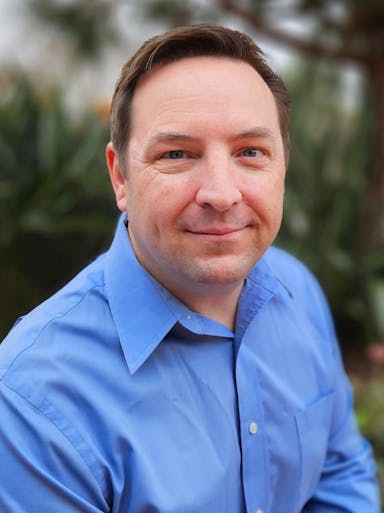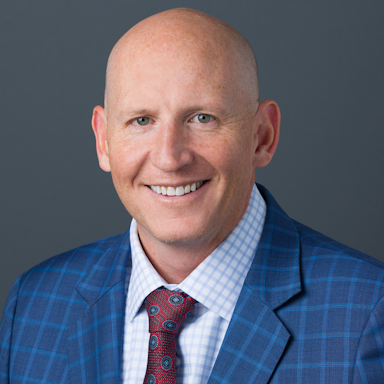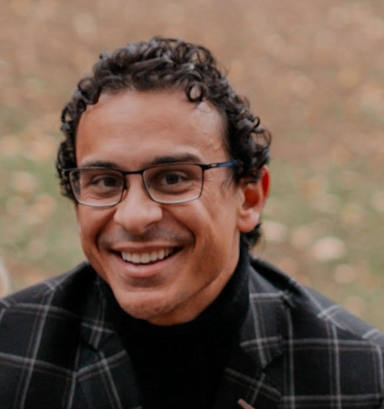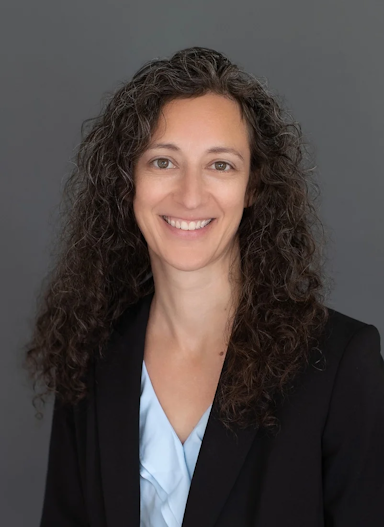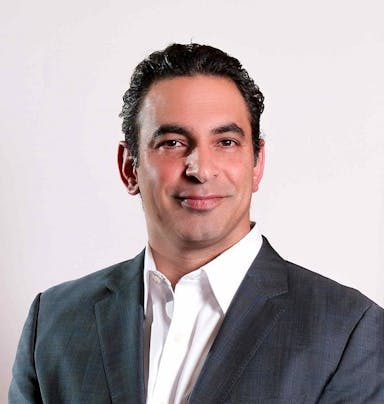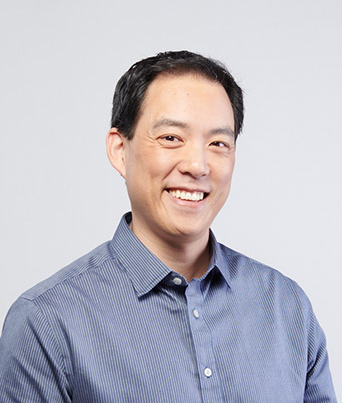JuryBall: Wisdom From The Greats
Hour 1: What Is Big Data
John and Sean will spend the first hour discussing “What is Big Data and How Can Lawyers Use It”. While the law has traditionally been considered an art, with intuition and instinct playing a major role in decision-making, there should be a larger emphasis on data and science in the field. Many questions in the law have fixed and correct answers, and lawyers should not be guessing at these answers but instead using data to inform their decisions. The first hour of this presentation provides examples of questions that have concrete answers, such as whether to begin an opening statement by discussing the plaintiff's injury or the defendant's conduct. John and Sean will show that bringing more science to cases does not eliminate the art of lawyering but elevates it. To illustrate this point, we will discusses the development of a computer program, AlphaGo, which learned to play the board game Go through deep learning and eventually beat the world champion. Just as AlphaGo taught the champion new tricks, bringing more science to law can empower great lawyers to try even better cases.
Hour 2: Jury Psychology
People are predictable, even when their behavior is irrational. Human cognitive fallacies, which are predictable, repeatable, and chronicled in books like; Thinking, Fast and Slow and Predictably Irrational, can be used to lawyers advantage if they ask the right empirical questions and study them correctly. During this hour we will stress the importance of testing empirical questions to avoid self-inflicted, expensive wounds, and emphasizes that trying a case without obtaining the answers to empirical questions is equivalent to guessing. Finally, we will explain that the true value of a case, within a range, is knowable and should be determined through data, not instincts, to avoid donating money to the defense. We will use numerous real life examples where we have conducted big data studies and have jury verdicts to back up and support the data.
Hour 3: Debunking Jury Myths
We will address the prevalence of old wives' tales or myths in the legal profession. These are often well-intentioned but lack empirical evidence to support them. One example is the belief that certain demographics of jurors are better or worse for a case, such as liberal vs. conservative or black vs. white jurors. However, we will show the effectiveness of jurors depends entirely on the case and can be determined through empirical analysis. We will also challenge other myths, such as not submitting low economic damages, highlighting bad facts in mini-openings, and starting with the defendant's bad conduct. We will encourage attendees to be open-minded and challenge these myths, as they may not hold true in all cases.
Hour 4: To Waive Or Not To Waive Is The Question
Every case is unique, and there is no one-size-fits-all approach to handling cases. Even small changes in a case can lead to significant differences in outcomes. Therefore, it is important to approach each case with an open mind and make decisions based on data and evidence rather than relying on predetermined strategies or approaches. We will show an example of how omitting an economic damages request in one case led to increased damages and win rate, but in another case, omitting the economic damages request could have decreased damages and win rate. The key takeaway is that there is no Rosetta Stone for handling cases, and every case requires a unique and data-driven approach. We will compare a legal case to a product that needs to be refined and tested before it is presented to the market, which in this case is the jury. We will emphasize the importance of conducting market research to determine the viability of a case and to identify the target audience. Testing the case with real people, gathering data, and refining it accordingly is crucial to ensure success in the courtroom. We will stress the need to move away from guessing and instinctual decision-making and toward evidence-based methods for optimizing a case.
Hour 5: Wisdom From The Greats
We will highlight the importance and usefulness of the knowledge and strategies shared by the greats of trial law. Data is not meant to replace these strategies, but to fuel them. Examples of the greats include Rick Friedman, who emphasizes identifying simple rules that jurors understand and agree to, Mark Mandell, who focuses on finding the best and worst issues in a case, and Nick and Courtney Rowley, who teach about being brutally honest and credible with the jury. We will explain how data can help enhance these strategies, such as testing different lost wage claims to determine what jurors believe to be fair and being able to accurately rate the severity of an injury based on jurors' intentions for award size. The more precise and powerful data an attorney has, the better they can prepare for trial.
Hour 6: Winning Big
To be a successful trial lawyer, you need to reduce the number of cases you work on. With too many cases, there is not enough time to properly prepare for depositions, review documents, draft motions, and conduct trials. We will discuss singularly focusing on one case during workdays, which are typically two days that last 12-16 hours per day without distractions. The firm requires the referring attorney to provide them with all relevant documents and answer important worksheets focusing on the order of proof, timeline, and defendant's excuses. We will discuss how to use big data to understand what drives good and bad jurors to deliver a verdict and to prepare voir dire questions and opening statements. We will emphasizes the need to be objective and consider every potential defense that the defendant might raise. The goal is to turn a mountain of information into a laser-focused set of documents, witnesses, and facts that will drive the largest verdict possible.
TLU Live HB Agenda
Track 1
Breakfast
Hosted by
- 9:00a

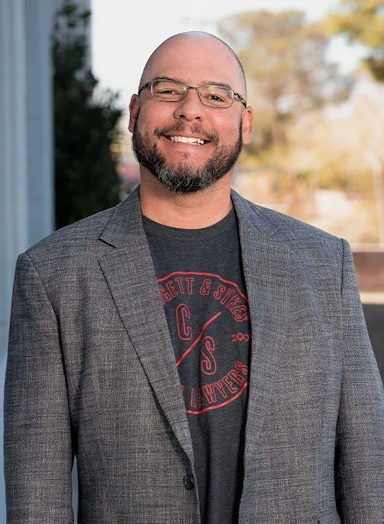
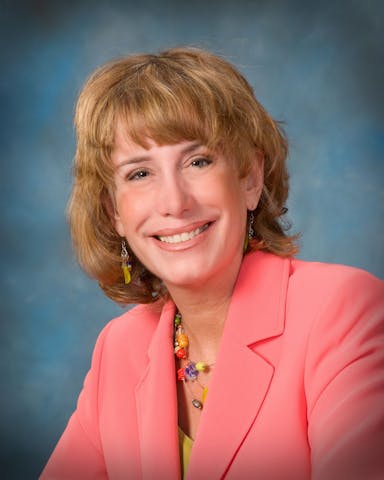
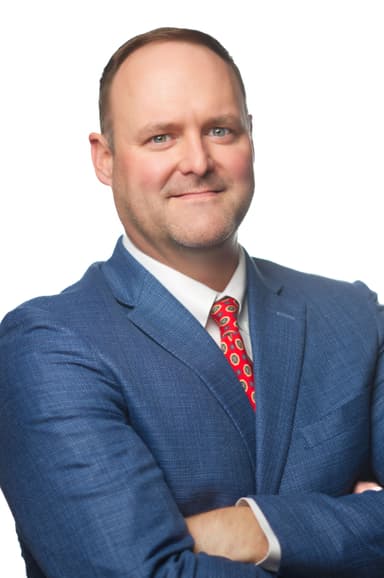
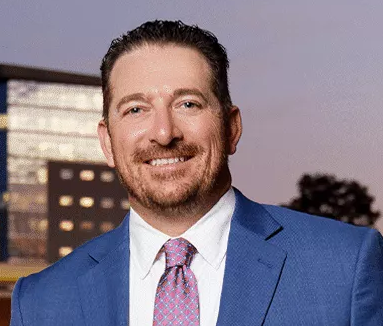 Will Sykes · Dorothy Clay Sims · Sach OliverDepositions
Will Sykes · Dorothy Clay Sims · Sach OliverDepositions Coffee & Snacks
Hosted by
- 10:15a




 Will Sykes · Dorothy Clay Sims · Sach OliverDepositions
Will Sykes · Dorothy Clay Sims · Sach OliverDepositions Coffee & Snacks
Hosted by
- 11:30a




 Will Sykes · Dorothy Clay Sims · Sach OliverDepositions
Will Sykes · Dorothy Clay Sims · Sach OliverDepositions Lunch
Sponsored by
- 2:00p

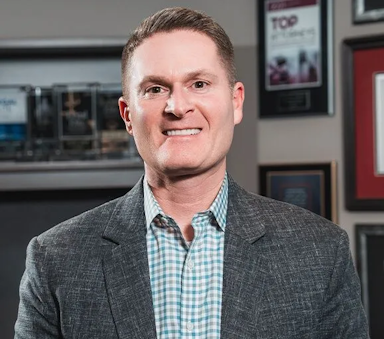
 Christian Augustin · Sean Claggett Intake and Pre-Lit Workup
Christian Augustin · Sean Claggett Intake and Pre-Lit Workup Coffee & Snacks
Hosted by
- 3:15p

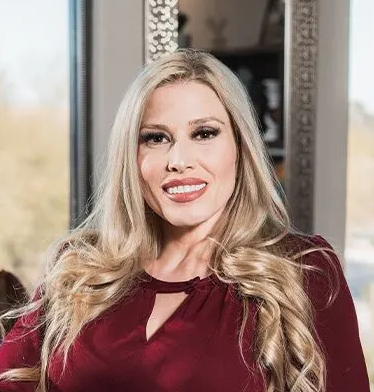
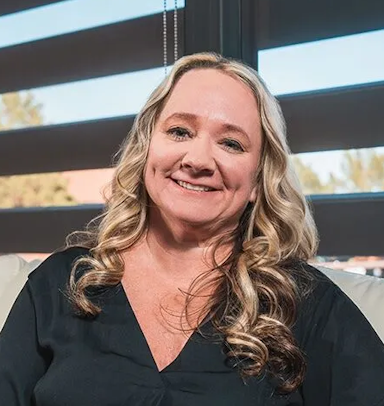
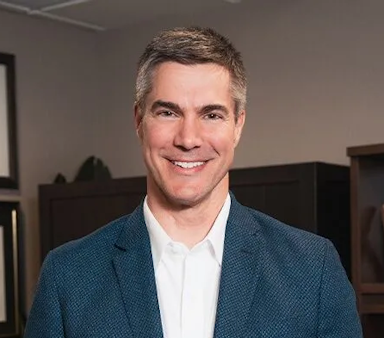
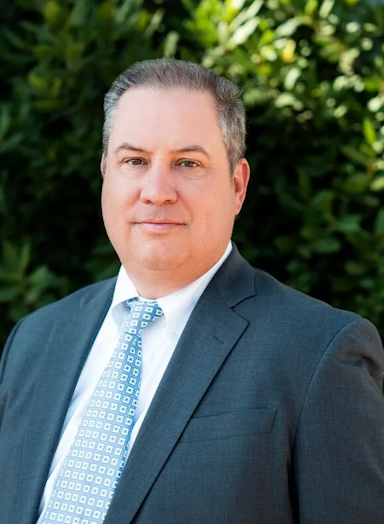
 Shannon Wise · Jennifer Morales · Brian BlankenshipManaging the Case and Putting Constant Pressure on the Defense
Shannon Wise · Jennifer Morales · Brian BlankenshipManaging the Case and Putting Constant Pressure on the Defense Coffee & Snacks
Hosted by
- 4:30p





 Shannon Wise · Jennifer Morales · Brian BlankenshipManaging the Case and Putting Constant Pressure on the Defense
Shannon Wise · Jennifer Morales · Brian BlankenshipManaging the Case and Putting Constant Pressure on the Defense
Track 2
Breakfast
Hosted by
- 9:00a

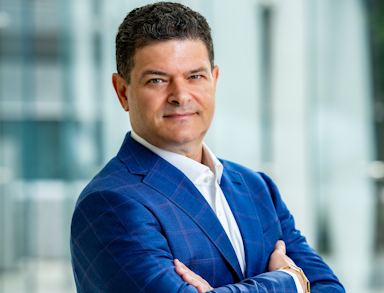
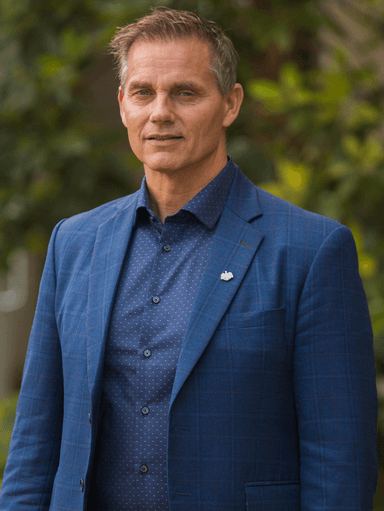 Joseph Fried · Dan Ambrose High Performance Presentations
Joseph Fried · Dan Ambrose High Performance Presentations Coffee & Snacks
Hosted by
- 10:15a

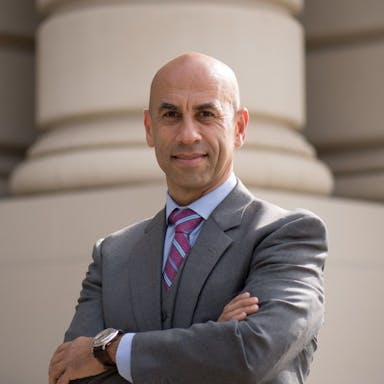
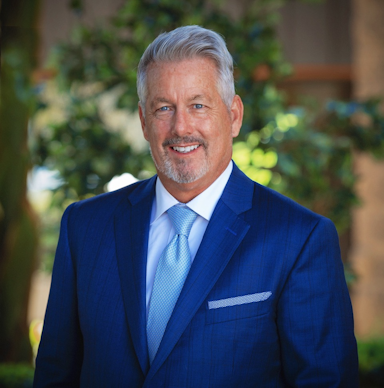 Haytham Faraj · Ted Wacker Overcoming Significant Hurdles on the way to $21.2 Million Verdict
Haytham Faraj · Ted Wacker Overcoming Significant Hurdles on the way to $21.2 Million Verdict Coffee & Snacks
Hosted by
- 11:30a

 Joseph FriedJoe Fried’s Top Tips for Winning Trucking Case
Joseph FriedJoe Fried’s Top Tips for Winning Trucking Case Lunch
Sponsored by
- 2:00p

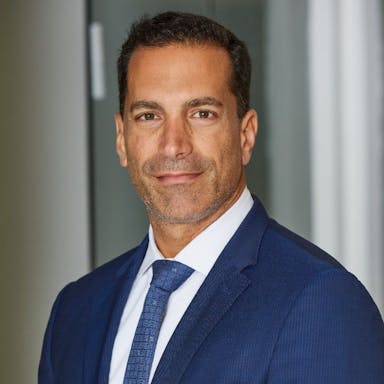 Sagi ShakedMaximizing Your TBI case
Sagi ShakedMaximizing Your TBI case Coffee & Snacks
Hosted by
- 3:15p

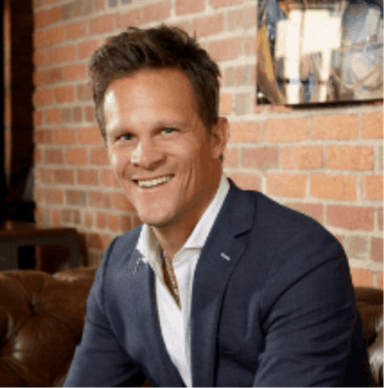 Kurt ZanerHow fun, persuasive writing can lead to eight figure verdicts and settlements
Kurt ZanerHow fun, persuasive writing can lead to eight figure verdicts and settlements Coffee & Snacks
Hosted by
- 4:30p

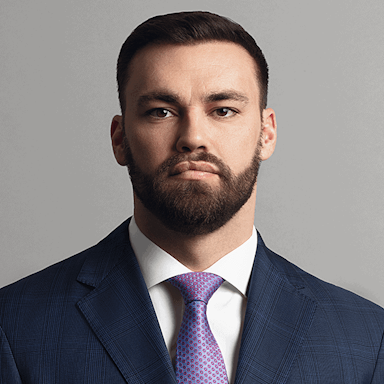
 Khail Parris · Alex Wheeler Picking a $58,000,000 jury: Using fat words and skinny words for cause
Khail Parris · Alex Wheeler Picking a $58,000,000 jury: Using fat words and skinny words for cause
Track 3
Breakfast
Hosted by
- 9:00a

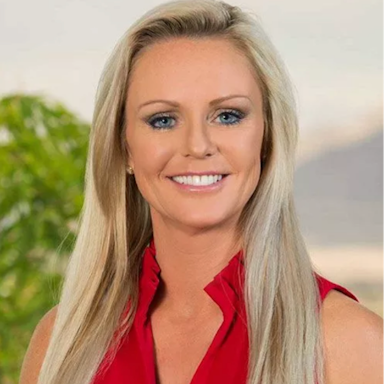 Christian MorrisCross-Examination of Defense Medical Expert
Christian MorrisCross-Examination of Defense Medical Expert Coffee & Snacks
Hosted by
- 10:15a

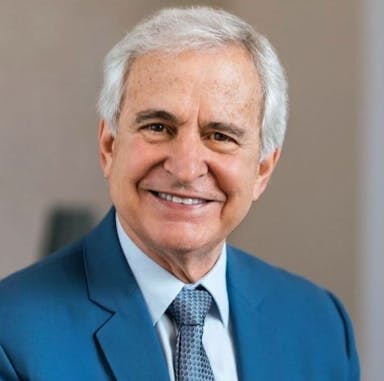
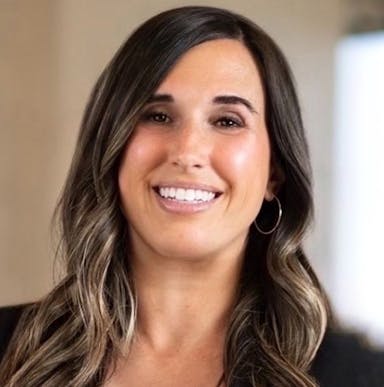 Bruce Broillet · Molly McKibben The Erin Andrews Invasion of Privacy Case: How the $55 Million non-economic Verdict was won
Bruce Broillet · Molly McKibben The Erin Andrews Invasion of Privacy Case: How the $55 Million non-economic Verdict was won Coffee & Snacks
Hosted by
- 11:30a


 Bruce Broillet · Molly McKibben The Erin Andrews Invasion of Privacy Case: How the $55 Million non-economic Verdict was won
Bruce Broillet · Molly McKibben The Erin Andrews Invasion of Privacy Case: How the $55 Million non-economic Verdict was won Lunch
Sponsored by
- 2:00p


 Bruce Broillet · Molly McKibben The Erin Andrews Invasion of Privacy Case: How the $55 Million non-economic Verdict was won
Bruce Broillet · Molly McKibben The Erin Andrews Invasion of Privacy Case: How the $55 Million non-economic Verdict was won Coffee & Snacks
Hosted by
- 3:15p

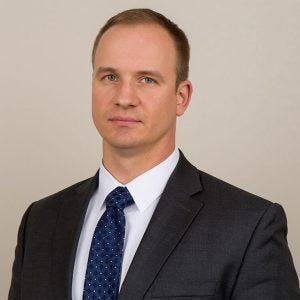 Przemek LubeckiThe Mental Game for Trial - Performing Under Pressure
Przemek LubeckiThe Mental Game for Trial - Performing Under Pressure Coffee & Snacks
Hosted by
- 4:30p

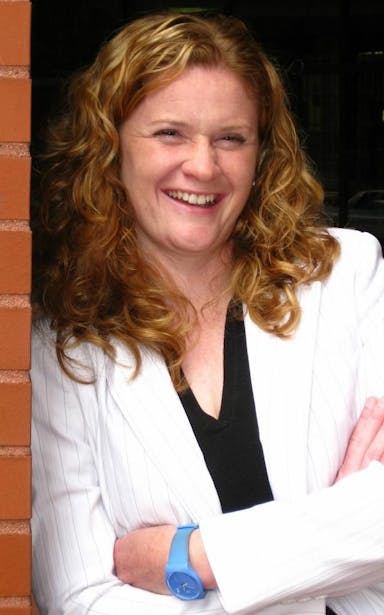 Alicia CampbellHow to Get Your First 8 Figure Verdict
Alicia CampbellHow to Get Your First 8 Figure Verdict
Track 4
Breakfast
Hosted by
- 9:00a

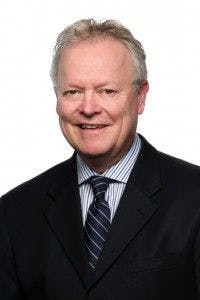
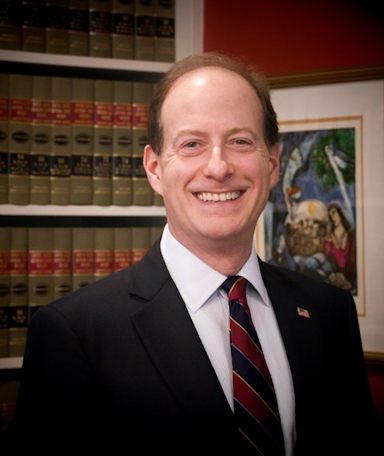
 Phillip Miller · Justin Kahn · Edward CiarimboliDesigning Exhibits - Design Ideas and Techniques
Phillip Miller · Justin Kahn · Edward CiarimboliDesigning Exhibits - Design Ideas and Techniques Coffee & Snacks
Hosted by
- 10:15a



 Phillip Miller · Justin Kahn · Edward CiarimboliDesigning Exhibits - Design Ideas and Techniques
Phillip Miller · Justin Kahn · Edward CiarimboliDesigning Exhibits - Design Ideas and Techniques Coffee & Snacks
Hosted by
- 11:30a



 Phillip Miller · Justin Kahn · Edward CiarimboliDesigning Exhibits - Design Ideas and Techniques
Phillip Miller · Justin Kahn · Edward CiarimboliDesigning Exhibits - Design Ideas and Techniques Lunch
Sponsored by
- 2:00p

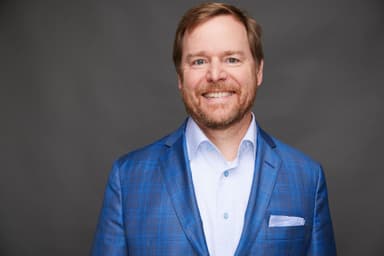



 Lloyd Bell · Monte Tynes · Bob ByrneTry your FRKN Case
Lloyd Bell · Monte Tynes · Bob ByrneTry your FRKN Case Coffee & Snacks
Hosted by
- 3:15p

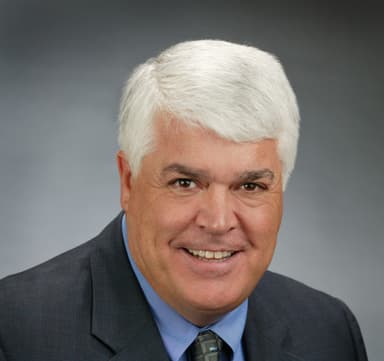 John RomanoNavigating The Minefields Of Valuing Cases
John RomanoNavigating The Minefields Of Valuing Cases Coffee & Snacks
Hosted by
- 4:30p

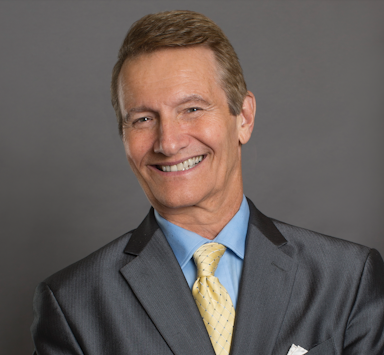 Dirk VandeverDirk's Trial Manifesto
Dirk VandeverDirk's Trial Manifesto
Party Sponsor
5:30pm-8:30pm
Barbie Pink & White Party
Hosted by

